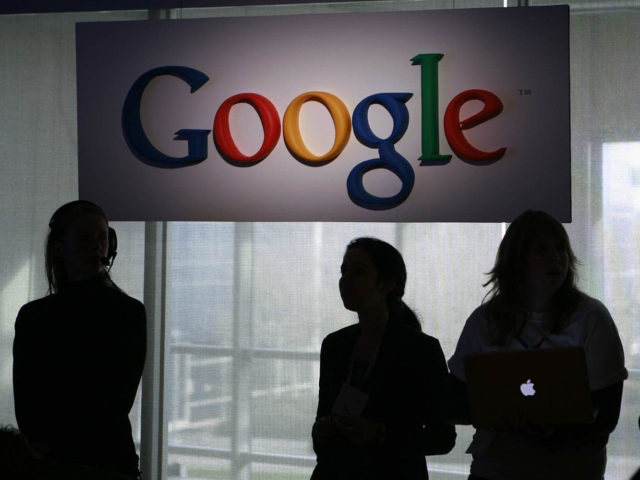There is mounting internal pressure at Google over the company’s plans to introduce a censored search engine in China approved by the country’s communist regime, according to reports.
Documents obtained by The Intercept reveal how employees fear a growing “moral and ethical crisis” over the company’s plans to build a search engine adjusted for the censorious desires of the Chinese government. The plan, code-named ‘Dragonfly’, would allow Chinese authorities to block all political dissent and crack down on any material they deem as sensitive or detrimental to their ambitions.
In a letter to Google’s leadership, employees expressed grave concern that building such an engine would violate Google’s own ethics policy and “contravene widely accepted principles of international law and human rights:”
Currently we do not have the information required to make ethically-informed decisions about our work, our projects, and our employment. That the decision to build Dragonfly was made in secret, and progressed with the [artificial intelligence] Principles in place, makes clear that the Principles alone are not enough. We urgently need more transparency, a seat at the table, and a commitment to clear and open processes: Google employees need to know what we’re building.
According to The Intercept, the letter goes on to demand “an ethics review that includes rank and file employee representatives, the appointment of an ombudsperson to oversee the process, a plan for more transparency to be instituted across the company so that employees can make ethical choices about what they choose to work on, and ‘ethical test cases’ assessing the Chinese censorship plans.”
The company’s desire to expand into China is obvious given its enormous untapped market, with Chinese people currently using state-owned search engines accompanied by a digital censorship system known as the “Great Firewall of China.”
Such a product has reportedly been in development since April last year and was accelerated last December, after a between Google CEO Sundar Pichai and top Chinese government officials. The company has even created apps created custom apps named “Maotai” and “Longfei,” that could be launched by the end of this year. Google’s leadership have yet to comment internally or publicly on the plans.
However, criticism of Google’s plan has been widespread. An article for The Washington Post last Thursday denounced plan as “evil” and “bad for business.”
“If Google does launch a censored search engine, it will be complicit in mass surveillance, broad Orwellian social control and the suppression of free speech,” wrote columnist Josh Rogin. “But that’s not the only reason Google’s foray into China is so disastrous. The company would be placing its people and its assets at huge risk by putting its future in the hands of the Chinese government. The record shows that rarely works out well.”
Follow Ben Kew on Facebook, Twitter at @ben_kew, or email him at bkew@breitbart.com.

COMMENTS
Please let us know if you're having issues with commenting.